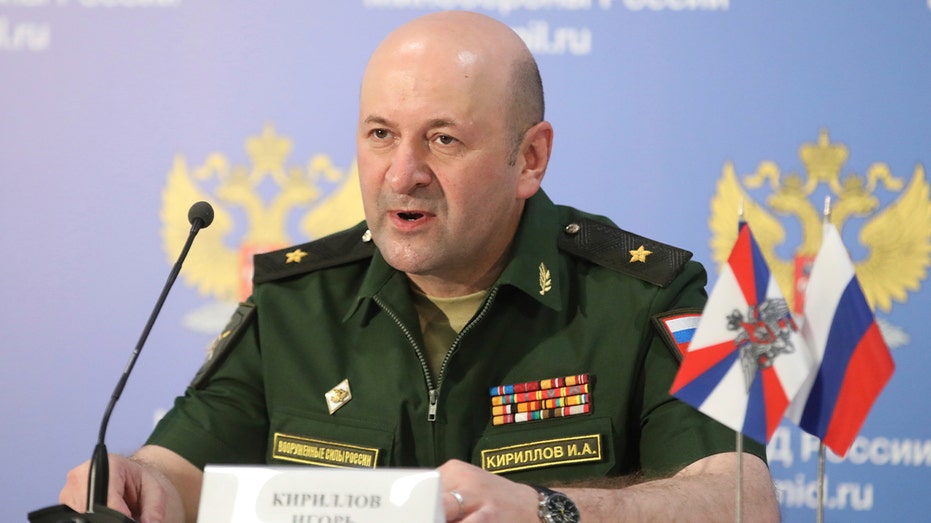Defense Secretary Lloyd Austin resumes duty after undergoing procedure at Walter Reed
WASHINGTON (AP) — Defense Secretary Lloyd Austin underwent a medical procedure at Walter Reed National Military Medical Center Friday evening and has resumed duty after temporarily transferring power to his deputy, Pentagon press secretary Maj. Gen. Pat Ryder said in a statement. Austin is continuing to deal with bladder issues that arose in December following his treatment for prostate cancer, Ryder said.The procedure was successful, elective and minimally invasive, “is not related to his cancer diagnosis and has had no effect on his excellent cancer prognosis,” the press secretary said.Austin transferred authority to Deputy Secretary of Defense Kathleen Hicks for about two-and-a-half hours while he was indisposed, the Pentagon said. The Pentagon chief returned home after the procedure. “No changes in his official schedule are anticipated at this time, to include his participation in scheduled Memorial Day events,” Ryder said. Austin, 70, has had ongoing health issues since undergoing surgery to address a prostate cancer diagnosis. He spent two weeks in the hospital following complications from a prostatectomy. Austin faced criticism at the time for not immediately informing the president or Congress of either his diagnosis or hospitalization. Austin was taken back to Walter Reed in February for a bladder issue, admitted to intensive care for a second time and underwent a non-surgical procedure under general anesthesia at the time. The Pentagon has notified the White House and Congress, Ryder said.
WASHINGTON (AP) — Defense Secretary Lloyd Austin underwent a medical procedure at Walter Reed National Military Medical Center Friday evening and has resumed duty after temporarily transferring power to his deputy, Pentagon press secretary Maj. Gen. Pat Ryder said in a statement.
Austin is continuing to deal with bladder issues that arose in December following his treatment for prostate cancer, Ryder said.
The procedure was successful, elective and minimally invasive, “is not related to his cancer diagnosis and has had no effect on his excellent cancer prognosis,” the press secretary said.
Austin transferred authority to Deputy Secretary of Defense Kathleen Hicks for about two-and-a-half hours while he was indisposed, the Pentagon said.
The Pentagon chief returned home after the procedure. “No changes in his official schedule are anticipated at this time, to include his participation in scheduled Memorial Day events,” Ryder said.
Austin, 70, has had ongoing health issues since undergoing surgery to address a prostate cancer diagnosis. He spent two weeks in the hospital following complications from a prostatectomy. Austin faced criticism at the time for not immediately informing the president or Congress of either his diagnosis or hospitalization.
Austin was taken back to Walter Reed in February for a bladder issue, admitted to intensive care for a second time and underwent a non-surgical procedure under general anesthesia at the time.
The Pentagon has notified the White House and Congress, Ryder said.


